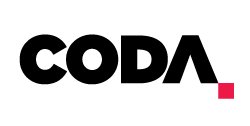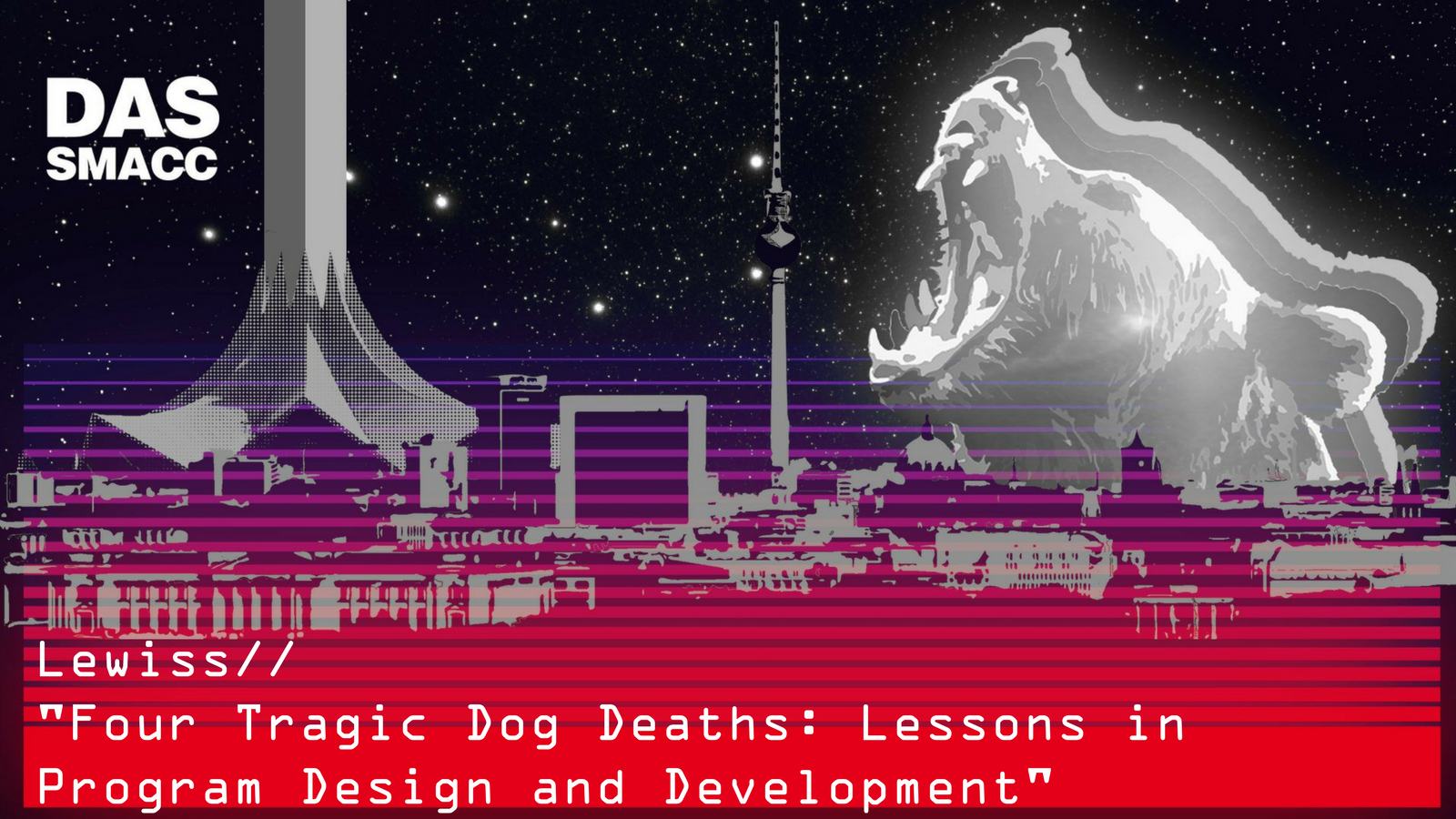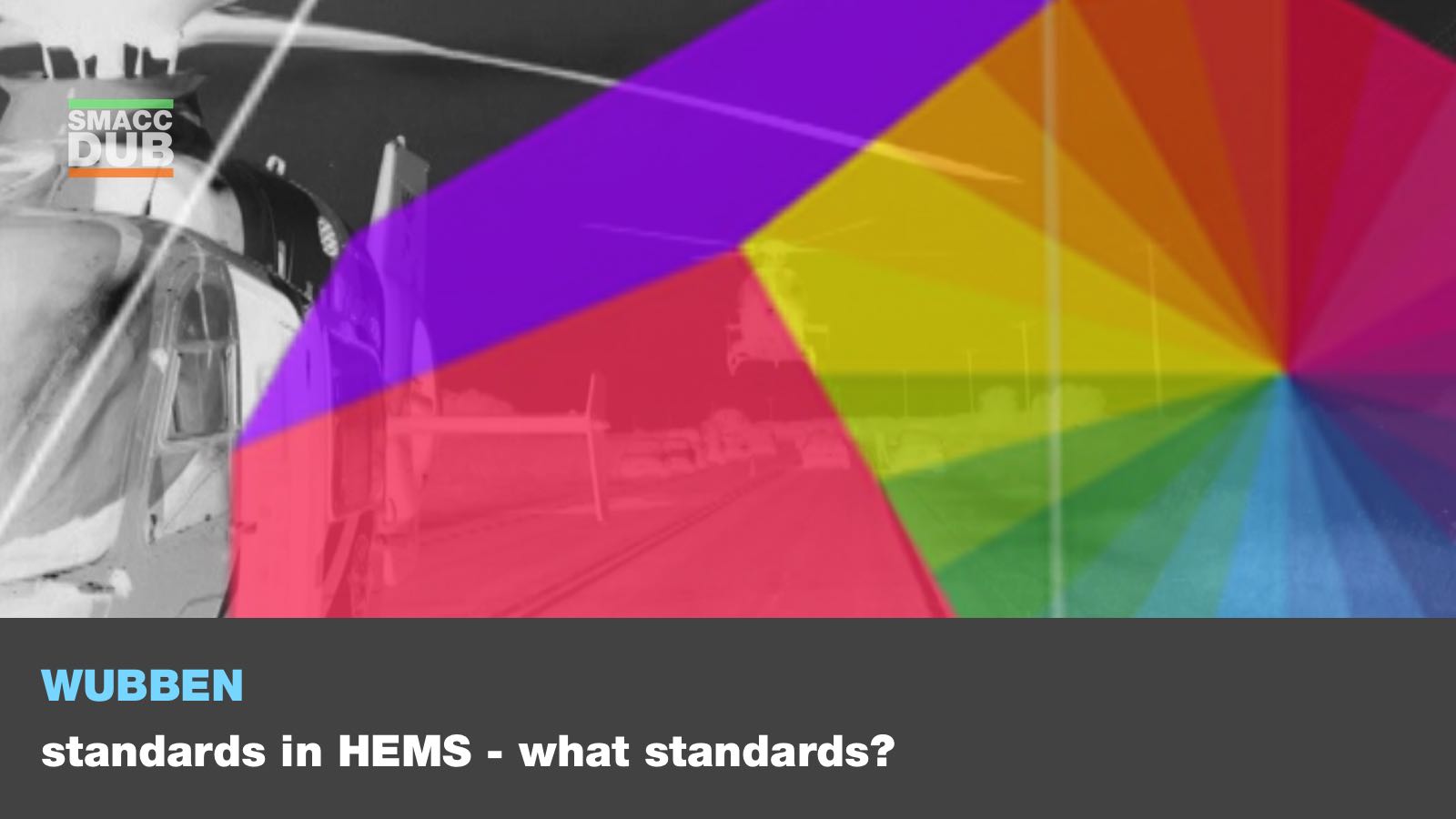Lessons from Prehospital Training: Natalie May
Natalie May brings the lessons she has learnt from Sydney HEMS training and teaches you how to apply them to your practice.
What can hospital specialties learn from teaching and training in prehospital and retrieval medicine?
Natalie, a self-described medical education enthusiast, gives you her thoughts on the application of educational theory to the challenges of the prehospital environment.
Evidently, Natalie will discuss three domains of medical education – Induction, Competence and Culture.
Firstly, Induction
How do you welcome new staff to your service? In Sydney HEMS there is a week-long full team training.
This teaches new clinicians to contextualise pre-existing knowledge into their new environment. Here, they combine teaching tools including demonstration, simulation, discussion and debriefs. This is often in stark contrast to in-hospital inductions that can consist of a cursory department tour and online modules.
Moreover, Natalie discusses the medical education principles that provide the basis of the importance of a well-rounded induction. Inductions are crucial to ensure that new clinicians can safely learn how to operate successfully in their new environment.
Secondly, Competence
Competence is necessary for good outcomes. Training is essential in the development of competence. Natalie discusses the proven theory of spaced repetition to embed new skills. This involves regularly practicing alongside skilled clinicians – as is done in the HEMS program.
Furthermore, In-hospital, simulating cardiac arrest scenarios regularly can dramatically improve junior clinicians’ competencies and highlight deficiencies in competence that can be addressed.
Thirdly, Culture
Natalie describes the methods of culture building that exists in Sydney HEMS. These include ‘Coffee and Case’ meetings, fortnightly clinical governance days and interactive lectures and journal clubs. These all acknowledge the higher order thinking processes that is involved in the care the services provided.
Natalie recommends fostering a culture of learning from practices and providing open non-judgemental clinical governance days in the in-hospital setting.
Finally, Natalie wants you to use what you have learned to inspire, teach, and motivate others.
For more like this, head to our podcast page. #CodaPodcast
Natalie May
Natalie trained in Emergency Medicine and subspecialty Paediatric EM in the UK, where she worked for just over a year as a consultant before moving to Sydney where she now works as locally as a Specialist in Emergency Medicine, as a Specialist in Prehospital and Retrieval Medicine with Sydney HEMS and occasionally in Neonatal and Pediatric Transport (NETS).
She has a long-held interest in medical education and holds a postgraduate certificate in workplace-based medical education. Natalie is a proud contributor to the St. Emlyn’s blog and podcast.





